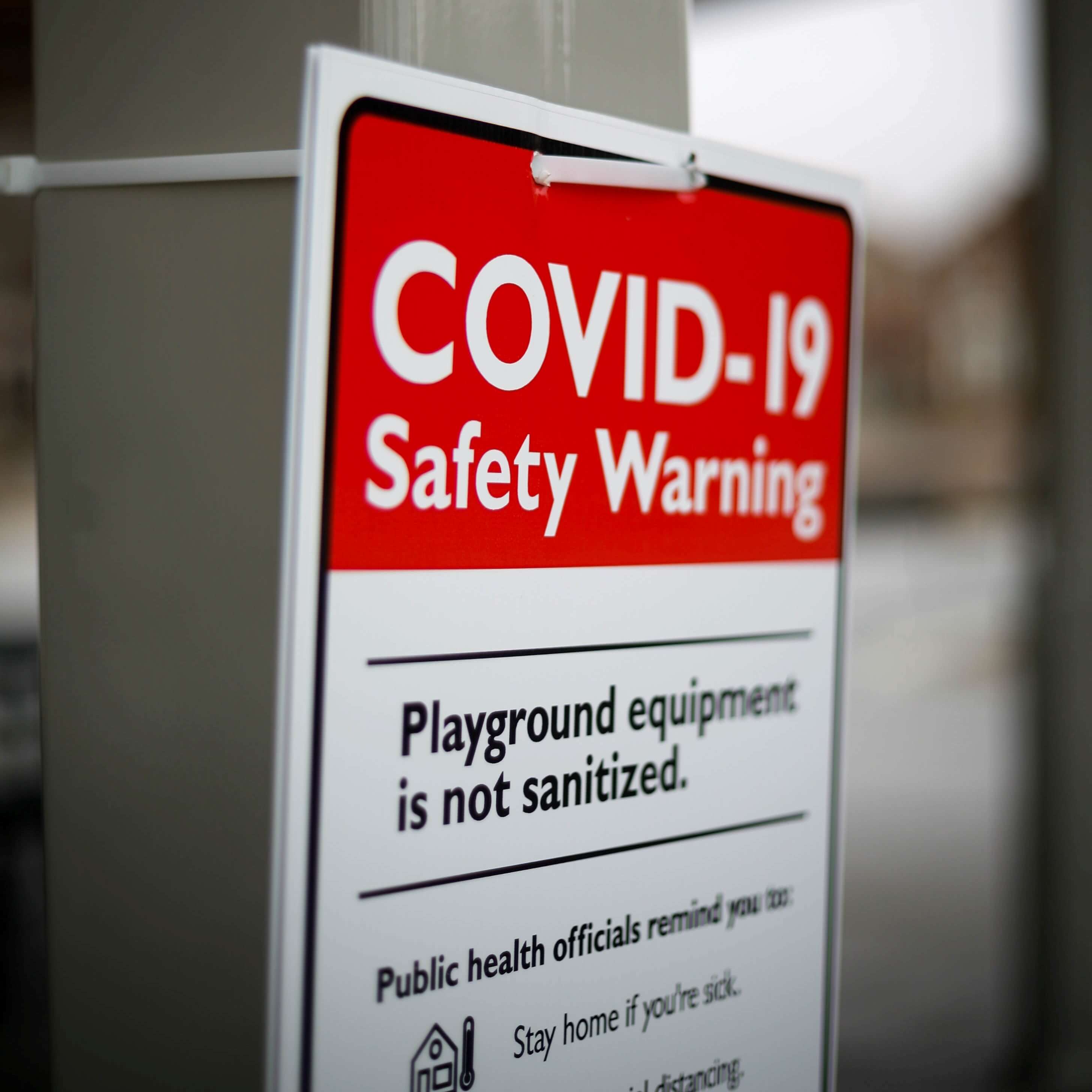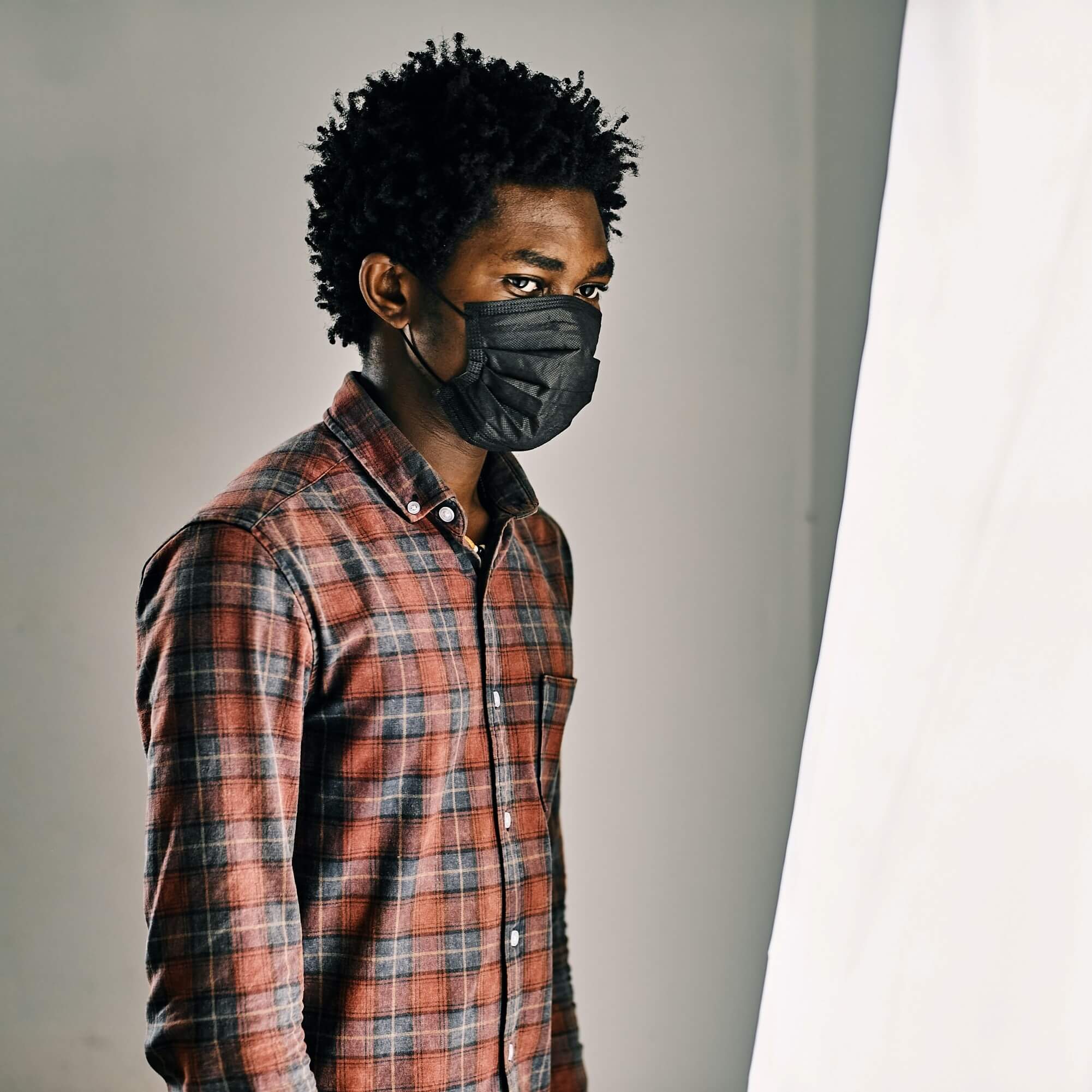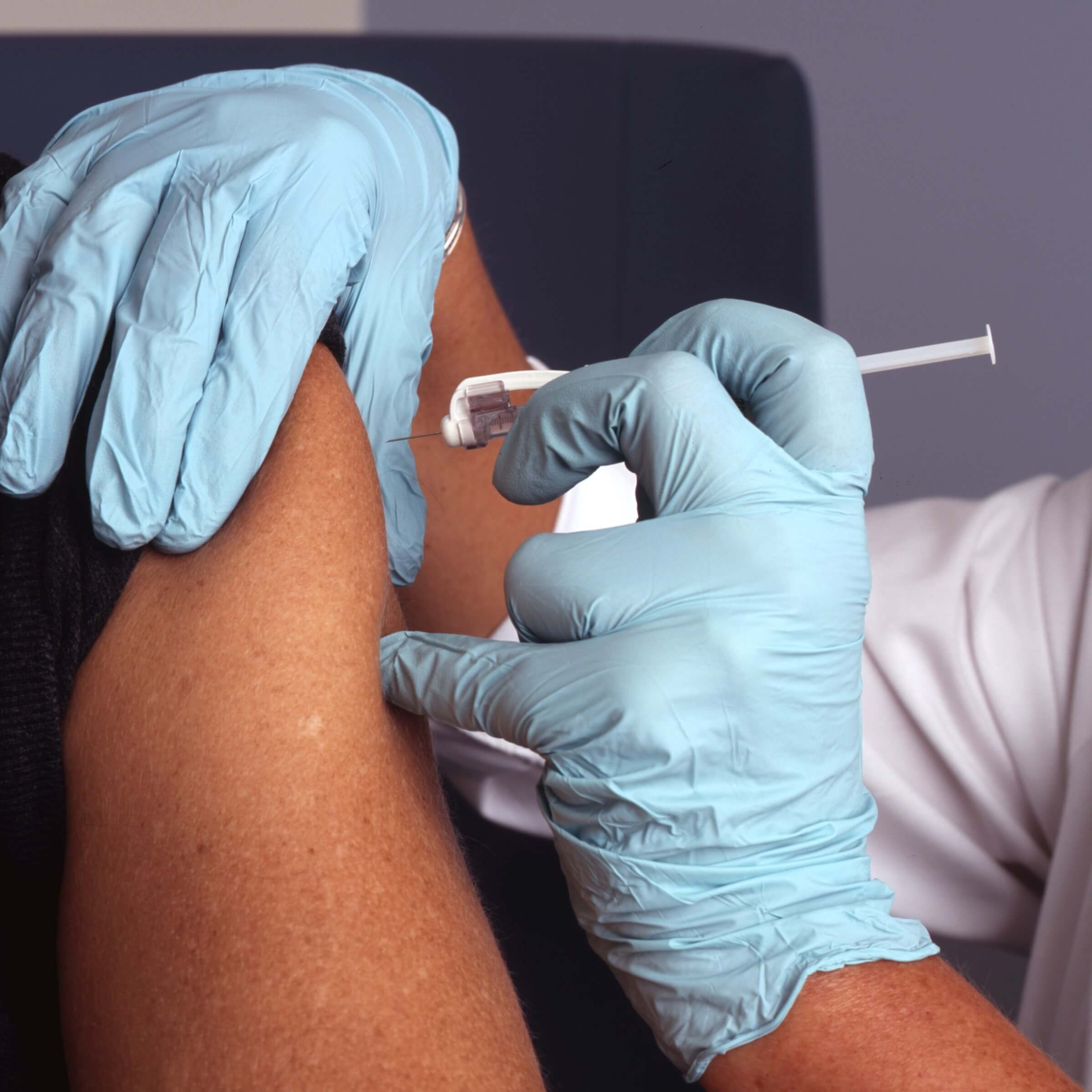
What Is the Liquid in the Covid-19 UK Tests?
Covid-19 has presented the world with a multitude of challenges. Some of the questions often arise: What exactly is in the liquid used for conducting UK Covid-19 tests? Is there a toxic chemical in the Covid-19 test? If you are one of those in doubt, we've got you covered!
This blog post will answer these questions and provide information on the Covid-19 test solution liquid and what to do if exposed. Read on!
What Chemicals Do COVID-19 Tests Contain?
The COVID-19 test kits currently used in the UK involve a chemical called sodium azide. This Covid-19 reagent solution is odourless, colourless, and tasteless. These tests detect the presence of viral proteins in the respiratory sample collected from a person. The kits also contain minor quantities of other chemicals, such as phosphate-buffered saline or detergents, that help preserve the sample and aid in its analysis.
Products containing sodium azide may cause allergic reactions in certain individuals and must always be handled with gloves, protective clothing, and good ventilation when opened. It would be best to take precautions when disposing of these materials to ensure your safety.
Is Sodium Azide Toxic?
The sodium azide in a Covid-19 test is a highly toxic chemical compound used in various applications, such as car airbags and certain industrial processes. More recently, sodium azide has also been used as an ingredient in some COVID-19 test kits.
It is important to wear gloves and protective clothing when handling chemicals or testing processes and always wash hands thoroughly after use. Use goggles and a face mask to protect your eyes and mouth.
While sodium azide must be handled with extreme caution, it generally does not cause any harm when used in these contexts. However, sodium azide should never be ingested or inhaled intentionally, as doing so can lead to lung injury, heart palpitations, loss of consciousness, or even death.
What to Do If You Are Exposed to the Liquid?

Sodium azide is used mainly as a reagent solution in Covid-19 tests, including lateral flow nose-only and Healgen test kits. Even small amounts can cause adverse reactions if exposed to the skin or eyes. Fortunately, there are precautions and a few measures you can take in case of exposure. Avoid breathing in sodium azide particles. Move away from the source as quickly as possible and immediately seek fresh air if you were exposed to it by inhalation.
- If sodium azide has come into contact with your skin, remove any contaminated clothing and wash the area with soap and lukewarm water for at least 15 minutes before doing anything else to avoid chemical burns.
- In cases of eye exposure, flush your eyes for 15 minutes or more with running water.
- Gargle salt water if ingested orally. Contact your doctor immediately if you develop any unusual symptoms, such as redness, swelling, or itching of the skin around the exposed area.
Taking proper safety measures and early action is essential for minimising the risks associated with exposure to sodium azide and preventing further injury.
Conclusion
As you can see, the Covid-19 test solution liquid comes with potential risks. Remember to take all necessary precautions when handling testing kits, such as wearing protective clothing and washing hands thoroughly after use. If you experience any of the symptoms mentioned above, seek immediate medical attention.
Do you suddenly feel tired or believe you've been infected? You can buy a Flowflex Covid test kit today to know your status in minutes. Stay safe!



